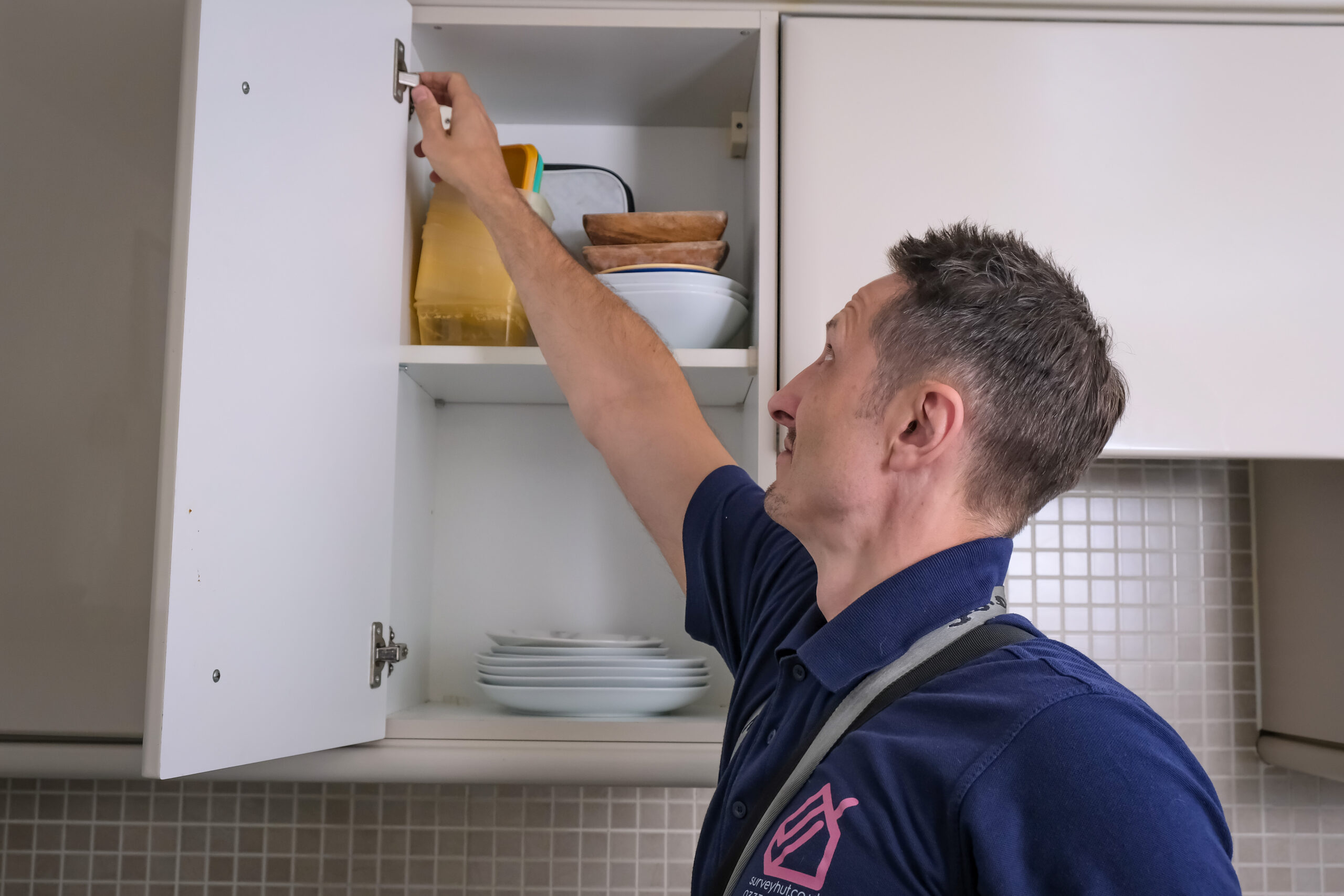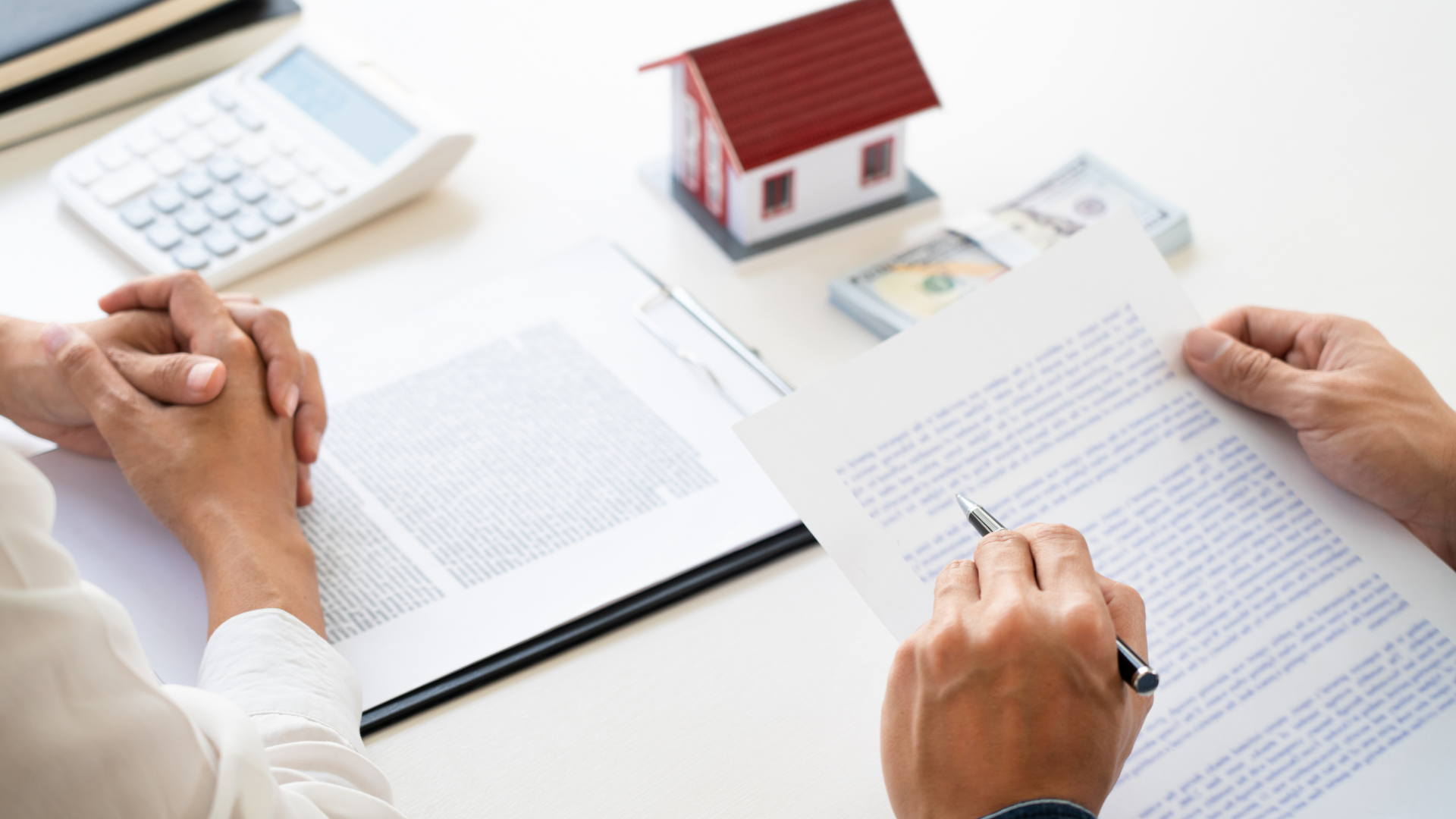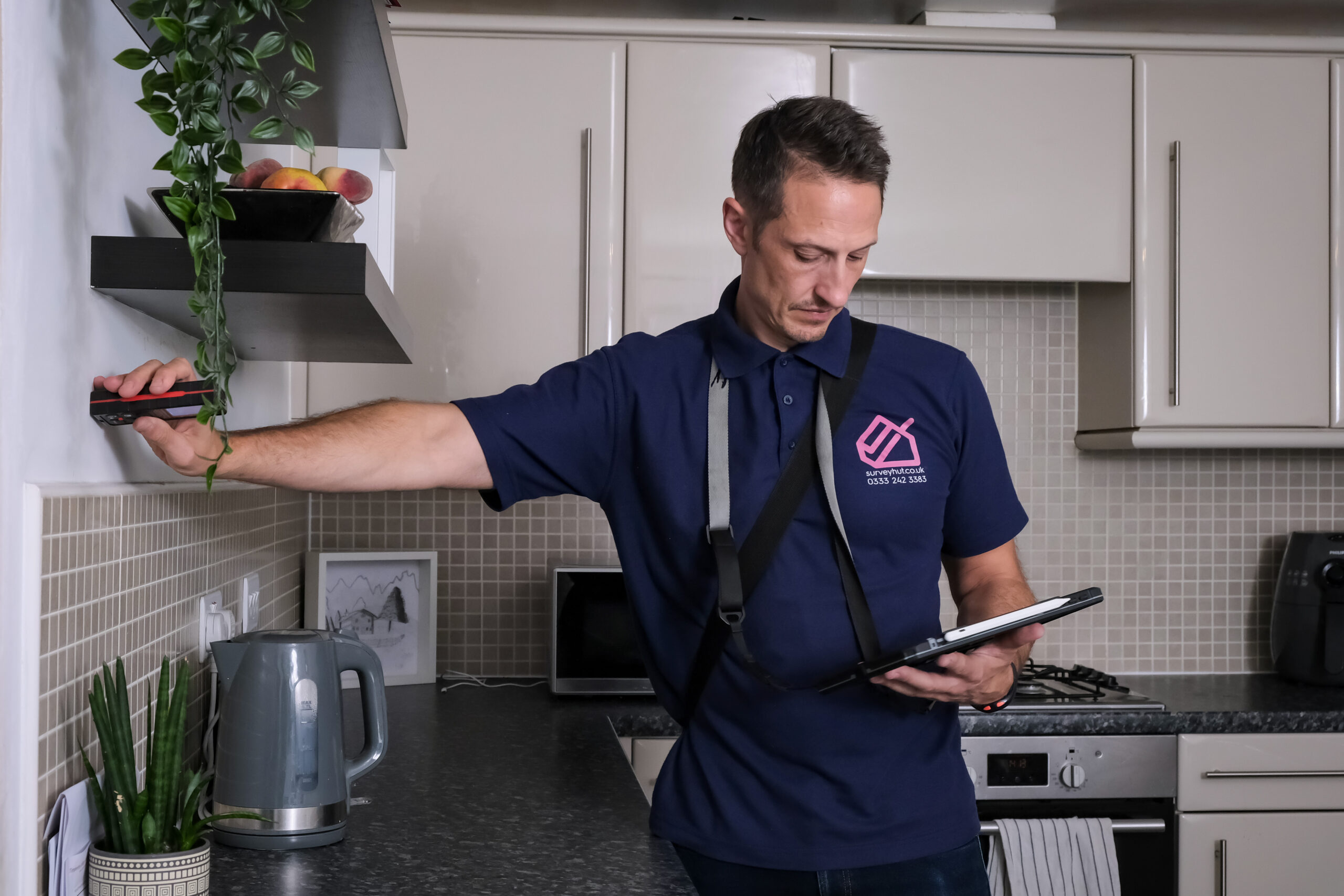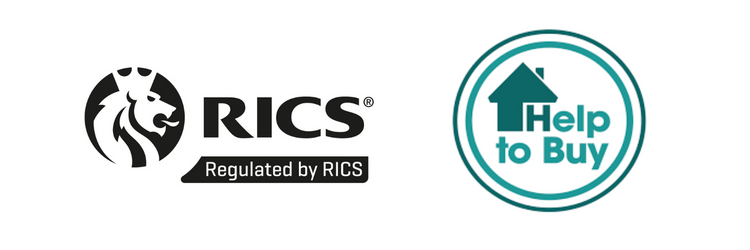A home survey invaluable to ensure you are not worried or stressed about unknown problems in your new home.
It is estimated that only about 20% of home purchases commission a survey. Yet a New Homes Review study undertaken between November 2017 to October 2018 found 90% of new homes had defects or snagging issues. If a new build house can have problems think what defects could be lurking in older properties.
The RICS Level 2 Home Survey and RICS Level 3 Home Survey are property inspections conducted by surveyors accredited by the Royal Institution of Chartered Surveyors (RICS). Each serves distinct purposes and provides different levels of detail.
Here’s a comparison:
RICS Level 2 Home Survey (Home Buyer Report)
Purpose:
- A mid-level survey designed for standard properties in good condition.
- It is less comprehensive than a level three survey. The focus is on assessing the general condition of the main elements of a property (damp, structural issues and problems with the roof).
- Aims to identify major issues.
Features:
Property Type:
- Suitable for conventional properties (e.g., houses, flats) that are relatively modern or well-maintained.
- Generally not appropriate for older, unusual properties, or those needing significant renovations.
Inspection Scope:
- Visual inspection of accessible areas (e.g., loft, walls, floors, and windows).
- No invasive procedures (e.g., no lifting of floorboards or rearranging furniture).
Report Includes:
- A summary detailing the property’s condition.
- Identification of significant defects or issues (e.g., dampness, subsidence, structural concerns).
- Recommendations for repairs and maintenance.
- Market valuation is available as an additional service.
Good for?:
- Ideal for buyers seeking a general assessment of the property’s condition prior to purchase.
Cost:
- Typically ranges from £400 to £800, depending on the size and location of the property.
RICS Level 3 Home Survey (Building Survey)
Purpose:
- A thorough, in-depth survey tailored for older, larger, or more complex properties.
- Vital for detecting detailed defects and evaluating renovation needs.
Features:
Property Type:
- Recommended for properties over 100 years old, listed buildings, or those in poor condition.
- Ideal for individuals planning extensive renovations.
Inspection Scope:
- More extensive than Level 2 inspections.
- Involves a detailed assessment of visible and accessible areas.
- May include examination of less accessible spaces (such as beneath floorboards or behind panels) when safe to do so and there is access.
- Describe the identifiable risk of potential or hidden defects in areas not inspected.
- Propose the most probable cause(s) of the defects based on the inspection.
- Outline the likely scope of any appropriate remedial work and explain the likely consequences of non-repair.
Report Includes:
- Detailed overview of the property’s construction, materials, and overall condition.
- Comprehensive analysis of defects, potential risks, and repair priorities.
- Guidance on remedial work, maintenance, and possible future issues.
- Market valuation is not included as standard but can be added.
Good for?
- Best suited for buyers of older or unique properties, or individuals requiring an in-depth understanding of a property’s condition and necessary repairs.
Cost:
- Generally ranges from £600 to £1,500+, influenced by property size, complexity, and location.
Sharing is caring!




